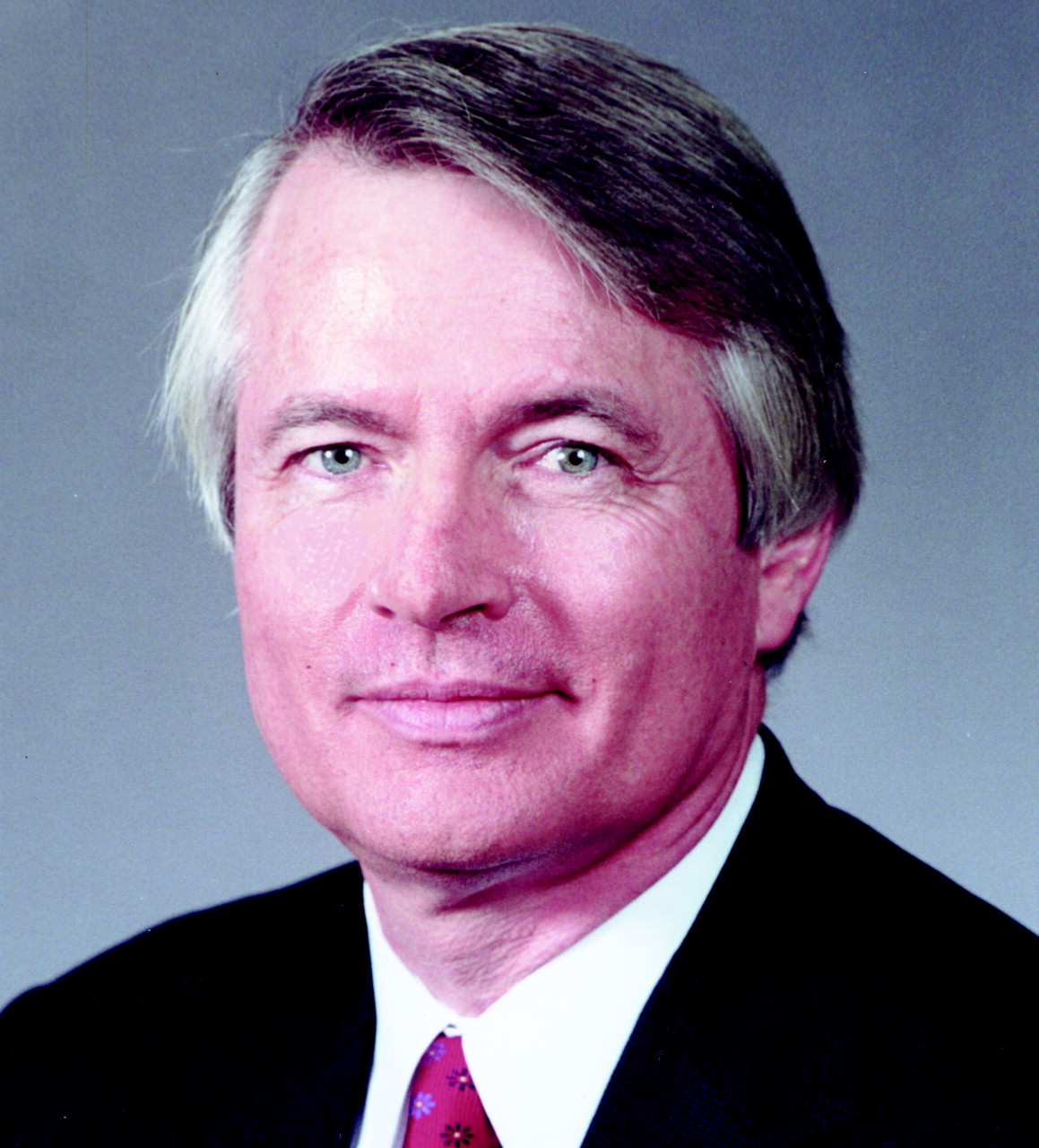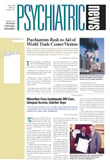As I write this presidential column for the October 5 issue of Psychiatric News, I am feeling overwhelmed by the enormity and savagery of the last 48 hours. For the first time since Pearl Harbor, our nation has been attacked with a loss of life that will be measured in the thousands.
You should know that on Tuesday, September 11, many of our new and senior staff at APA headquarters remained in place all day answering requests from the media and government officials regarding information and psychiatric advice to inform the public—this on a day where the news was full of more hijacked planes inbound to Washington and other rumors. Their service to our patients and our profession is nothing short of heroic. We will be forever grateful.
The psychiatrists from the New York County District Branch, Washington Psychiatric Society, and faculty and residents at training programs in New York City and and the Washington, D.C., area are brave and exhausted, providing psychiatric care to victims and family members who are desperately searching for clues to the fate of their loved ones.
I am impressed that there are few things about this situation that are clear or will be quickly dealt with. President Bush is talking about “war,” which implies something different from surgical-strike revenge. Recovery of the dead in the World Trade Center and the Pentagon will take time. As psychiatrists, we know that the emotional scars, panic, and grief that we will deal with will perhaps be the most profound and long lasting of all the sequelae.
It is hard to be forward thinking on a day like today. Allow me to think through the task each of us faces in providing care to our individual patients and improving the public’s health in this country and beyond.
As national leaders talk of quick revenge and “war,” we must be thinking of how we will create the healing environment and systems of care to aid the millions of citizens who will be psychiatric casualties of these events.
We must improve and redesign systems for children who have repeatedly watched horrific events on TV over which they have no control and refocus them on schoolwork and other positive activities over which they can gain control and mastery.
We must be realistic about our demands for individual privacy during wartime while continuing to protect the population and our patients from overreaction to the fear we each face. We must continue to champion the principles that protect our civil liberties and medical privacy. It will not be popular, but it will be right.
We must lead in preventing anger that brings out prejudice and hate against Arab Americans and Muslims. We can ill afford to let our collective anger be misdirected inward toward our own members, many of whom have played key roles in rescue and early intervention efforts in New York City and Washington, D.C. By joining together and refusing to become divided, we attain victory over the cowardly terrorists, who, in my opinion, are no more Muslim than members of the Ku Klux Klan are Christian.
Most APA members are not members of the “greatest generation.” We are their children and grandchildren. They were common people asked to do uncommon things for the sake of humanity and history. It is clear that this generation will be asked to make extensive sacrifices over an extended period. Surgical strikes will not be adequate, just as brief counseling will in most cases not adequately deal with the trauma we have experienced. We will set up new programs and treatment methods that will spring from the minds of psychiatrists trained in our traditions of the doctor-patient relationship and psychodynamic principles and honed on the cutting edge of biological science.
This great profession is being summoned by history to take a leadership role in helping a country recover from an unprecedented trauma. The road map is a little unclear 48 hours out, but APA is blessed with experts in responding to disasters, posttraumatic stress disorder, grief, anxiety, and loss. We will borrow ideas from our uniformed services colleagues and help them improve their service to citizens in the military. We will unify our approaches to helping those in this country and our global brothers and sisters. We will use this tragedy to unite ourselves for the good of our patients and improve our treatments for the good of all.
The cowardly terrorists who thought their fanatic actions would divide us, cower us, and bring us to our knees were mistaken. They don’t know us. Now we will show them who we truly are. ▪

